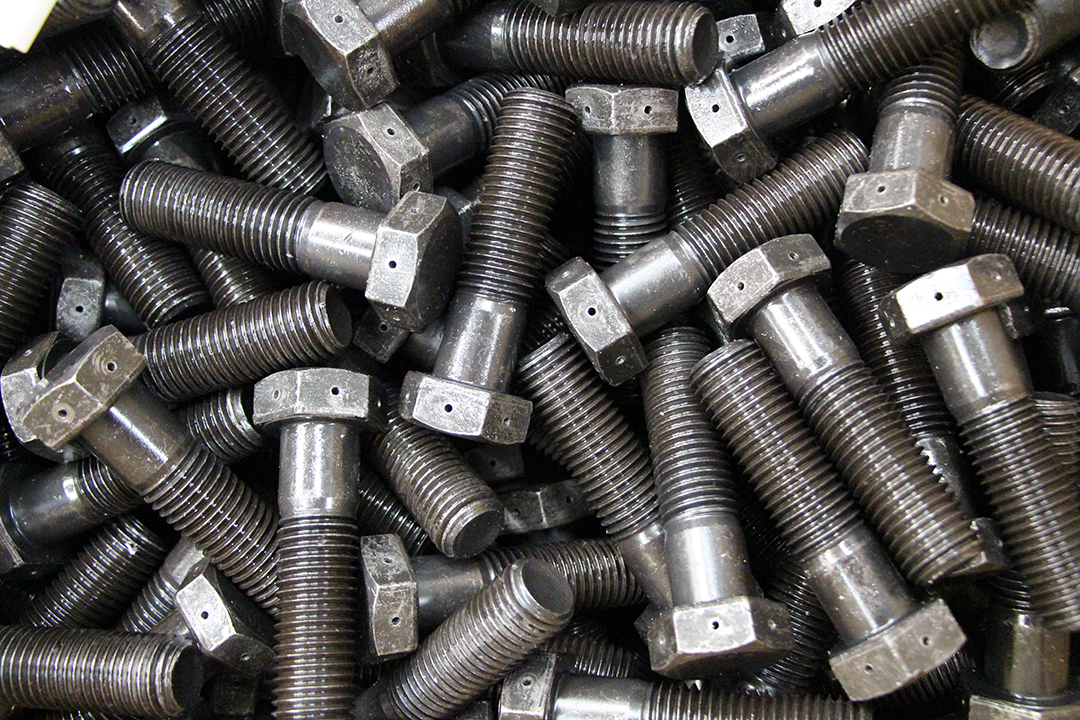Bolts play a crucial role in maintaining structural integrity, but like any fastener, they can fail for a variety of reasons. Understanding some of the common failure modes is essential for maintaining safety and reliability. Let’s review these reasons, so you can ensure you have the right bolt for the job.
Fatigue Failure
The most common type of bolt failure is fatigue failure. This can occur from several issues, including: insufficient preloading/tension during installation, loss of preload during service, excessive applied cyclic loading, and understrength (wrong grade or quality issue). Loosening of bolts—and thereby putting bolts under prolonged high levels of stress—leads to fatigue failure.
Shear Overload
Another common type of bolt failure is shear failure, occurring when the shear stress exceeds the bolt’s shear strength. Shear overload can be caused by over-torquing during installation, an excessive loading event during service, or severely understrength bolts.
Corrosion
Bolts are often used in corrosive environments and, when exposed to the wrong compounds over time, they can deteriorate and eventually fail. Each material type is susceptible to different corrosion agents. For example, hardened carbon steels are most sensitive to ammonia and caustics, whereas stainless steels are most susceptible to chloride-based cracking.
Hydrogen Damage
Sometimes known as hydrogen embrittlement, hydrogen damage is a failure that occurs from the absorption or retention of hydrogen in metal. Plating processes during manufacturing can introduce hydrogen, which can then be trapped and result in cracking if not properly baked. Hydrogen may also be introduced during service by some forms of corrosion. Hydrogen damage can cause bolt failure in a short period of time.
Once you have determined that you are using the right bolts correctly and in suitable environments, allow Rolled Threads Unlimited to deliver the quality products you need. To discover the fasteners we can supply, get in touch today.

